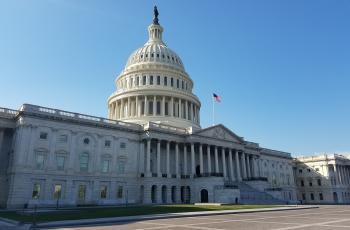New Task Force to Address Global Obesity Through Economic Policy
“If we want to improve global health, we need to tax the things that are killing us.”
In a recent Washington Post editorial, economist and former Secretary of the Treasury Larry Summers made a strong case for using economic policy to combat the obesity epidemic. He announced the formation of the Task Force on Fiscal Policy for Health, a collection of international leaders in health and economics led in conjunction with former New York Mayor and philanthropist Michael Bloomberg. The Task Force will aim to address the human and economic costs of noncommunicable diseases in lower- and middle-income countries through fiscal policy.
“I would venture to say that sugar is where tobacco was in 1972,” he writes. “The dangers have been recognized and pointed up, but not much is happening YET to reduce the demand.”
Economic legislation, Summers contends, will discourage consumption of unhealthy foods in two ways: by making them less affordable than healthier options, and by signaling social disapproval.
Though sugar may be “behind” tobacco in much of the world, we’ve seen these forces at work in Chile, where three quarters of the population and half of 6-year-olds have overweight or obesity. Two years ago, Chilean lawmakers introduced regulations aiming to reduce the consumption of junk foods among children: removing cartoon characters from boxes of sugary cereal, banning sales of candies that include toys, disallowing sales of junk food in schools, and prohibiting the advertisement of these foods on TV and websites aimed at children. They also instituted an 18% tax on beverages high in sugar and required packaged foods to include prominent warning logos when high in sugar, salt, calories, or saturated fat.
Could the same model be politically viable in other nations?
In the U.S., current overweight and obesity rates are not as staggering as in Chile, though experts predict that over half of today’s American children between the ages of 2 and 19 - about 57% - will have obesity by the time they turn 35. However, many municipalities have been resistant to fiscal measures like taxes on sugar-sweetened beverages. We are hopeful that the Task Force will generate an evidence base with global influence, compelling nations to take greater action to improve health.


